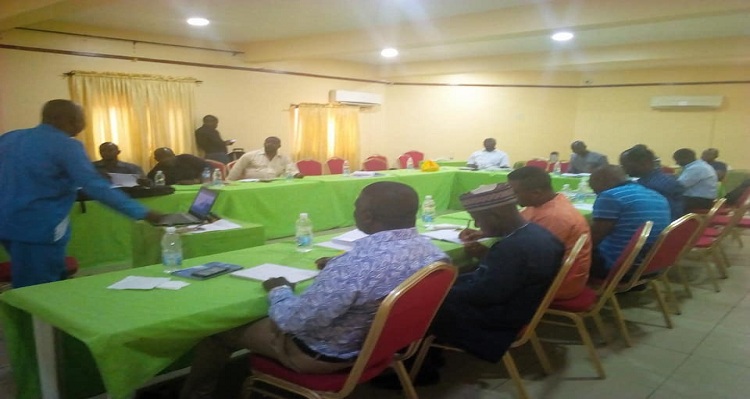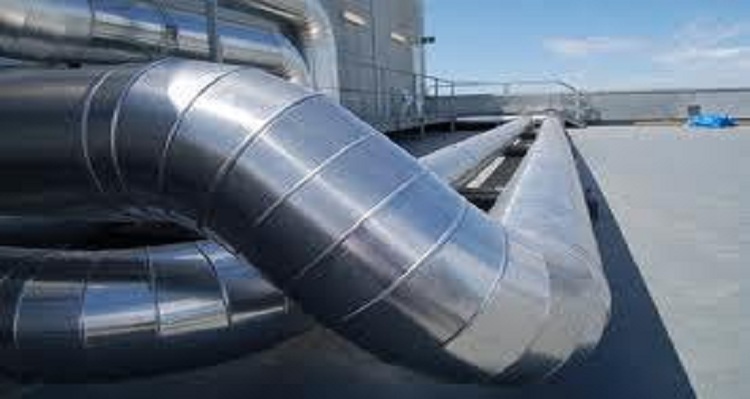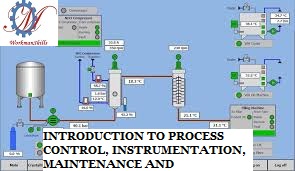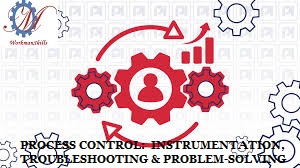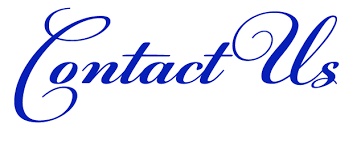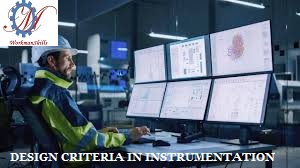An Intensive 2-Day Training Course
Design Criteria in Instrumentation
Design Criteria in Instrumentation
Tutor-Led Class @ NGN120,000.00 per Participant
Online @ NGN100,000.00 Per participant
On-Site to make formal request
Venue: Mechelectric Conference Centres, Ikeja, Abuja, PH and Ota
Date and Time: February 3 - 4, 2025; 0900Hr - 1600Hr Daily
Course Overview
This course provides a complete and up-to-date overview of deign criteria in instrumentation. It will provide participants with the knowledge and skills needed to troubleshoot and solve various problems encountered when working with instrumentation and controls systems.
Course Benefits
By attending this WorkmanSkills training course, delegates will be able to:
Target Audience:
This course is designed for instrumentation and control personnel including general maintenance personnel, plant managers and supervisors, control and instrumentation technicians and engineers, automation engineers, electricians and general engineers.
How will this Training Course be Presented?
Facilitated by an experienced maintenance specialist, our process and instrumentation control training course will be conducted as a highly interactive work session encouraging participants to share their own experiences and apply the training course material to real-life situations.
Each delegate will receive an extensive reference manual, as well as case studies, while worked out solutions will be handed out to the delegates on conclusion of group discussions. Throughout the training course, delegates will be encouraged to identify what they can do to enhance process reliability in their organizations.
Course Outlines
Signals, FDS, Vendors Interaction & P&IDs
Instrumentation, Electrical and Pneumatic Diagrams, and Designing for Proper Acceptance Testing
Acceptance testing
HMI Design Considerations, Area Classification, SIS and Instrumentation Selection & Sizing
Intelligent Communication, Valve Sizing, Protection & Material Selection
Redundancy, Control Philosophy and Project Management
The Certificate
Certificate of Completion will be provided to delegates who attend and complete the course
This course provides a complete and up-to-date overview of deign criteria in instrumentation. It will provide participants with the knowledge and skills needed to troubleshoot and solve various problems encountered when working with instrumentation and controls systems.
Course Benefits
By attending this WorkmanSkills training course, delegates will be able to:
- Assist in crucial decisions for instrument design and selection
- Interpret drawing and diagrams related to newly designed instrumentation
- Have a full understanding of the various process control strategies, and how to implement them
- Implement hazardous area zones, and select appropriate instrumentation and equipment for them
- Manage a project appropriately, from design to handover
Target Audience:
This course is designed for instrumentation and control personnel including general maintenance personnel, plant managers and supervisors, control and instrumentation technicians and engineers, automation engineers, electricians and general engineers.
How will this Training Course be Presented?
Facilitated by an experienced maintenance specialist, our process and instrumentation control training course will be conducted as a highly interactive work session encouraging participants to share their own experiences and apply the training course material to real-life situations.
Each delegate will receive an extensive reference manual, as well as case studies, while worked out solutions will be handed out to the delegates on conclusion of group discussions. Throughout the training course, delegates will be encouraged to identify what they can do to enhance process reliability in their organizations.
Course Outlines
Signals, FDS, Vendors Interaction & P&IDs
- Understanding instrumentation signals
- Understanding process diagrams (including block, flow and where the P&ID fits in)
- Functional Design Specification (FDS) and drawing standards
- Vendor pre-qualification, interaction and quotation request
- Tag numbering and naming conventions
- Reading and creating P&IDs, including assorted P&ID symbology
Instrumentation, Electrical and Pneumatic Diagrams, and Designing for Proper Acceptance Testing
- Instrumentation drawings and documents, including:
- Instrument selection report, instrument specification, data sheets, loop diagrams & schematics, cable schedules, hook-up diagrams, junction box wiring diagrams, cable racking layout, cable routing diagram, instrumentation index, history sheets, I/O lists, panel layout, power distribution, earthing diagrams and philosophy, PLC schematics, trip/alarm schedules, instrumentation detail, etc.
- Load lists, main & control circuits, electrical layout, single line diagrams, etc.
Acceptance testing
HMI Design Considerations, Area Classification, SIS and Instrumentation Selection & Sizing
- PLC, SCADA and DCS design criteria and specification
- Area and classification
- Instrument classification
- Safety Instrumented Systems (SIS) and SIS requirements, from a design point of view
- Instrumentation selection and sizing (including equipment for the most common measurements)
Intelligent Communication, Valve Sizing, Protection & Material Selection
- Smart devices, HART and Fieldbus considerations for instrumentation plant design
- Digital data communication aspects
- Control valves and actuators, including selection and sizing
- Equipment protection
- Material selection
Redundancy, Control Philosophy and Project Management
- Spares philosophy
- Design considerations for future expansion
- Redundancy and loss of power considerations
- Control philosophy, including:
- Feedback, feed forward, on/off, regulatory, cascade, ratio, advanced control, etc.
- Project life cycles, scope, time, cost and quality management, risk, etc.
The Certificate
Certificate of Completion will be provided to delegates who attend and complete the course



